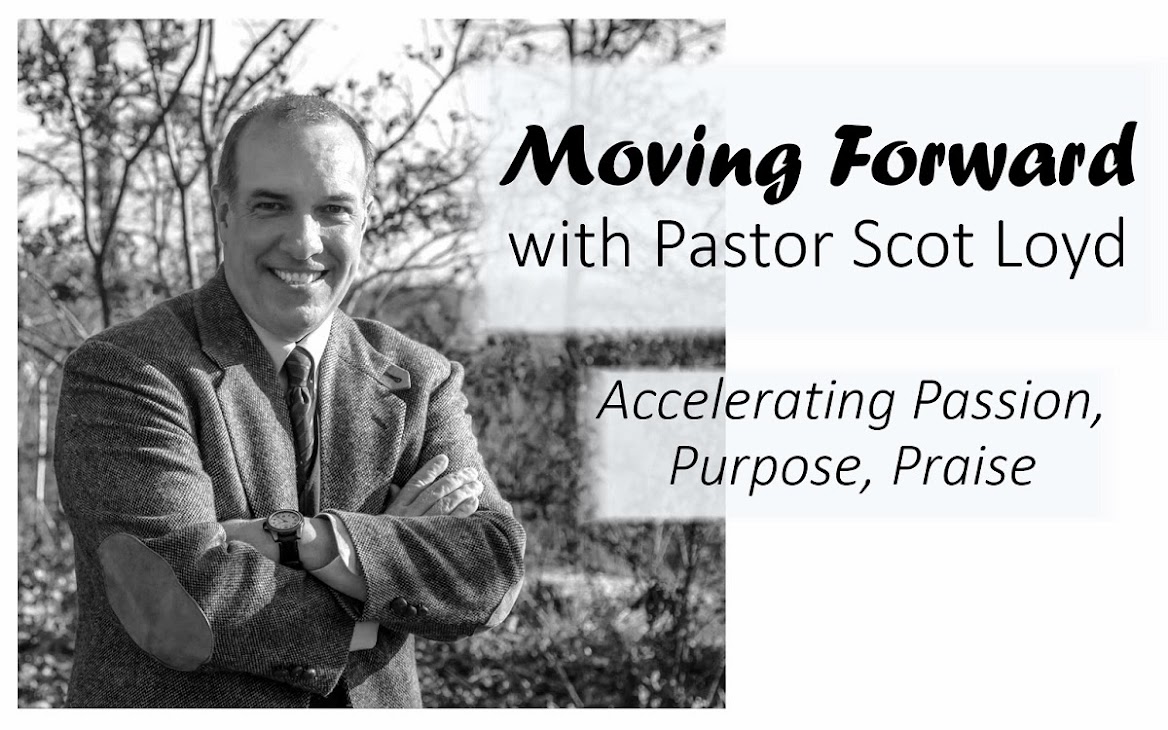The curse of the Billy Goat is
often cited as the reason the Chicago Cubs have not returned to the World
Series since 1945. As the story goes, tavern owner Billy Sianis was asked to
leave a game of the World Series where the Cubs were playing, because others
had complained about the smell of Sianis’ pet goat. Once outside Wrigley Field,
Sianis declared “Them Cubs, they aren’t gonna win no more!” After many attempts
to lift the curse by the Cubs organization by allowing Billy’s nephew, Sam
Sianis to bring a goat to the stadium, it seems that many are still convinced
the Cubs woeful ineptitude on the baseball diamond is due to a smelly goat and
his disgruntled owner.
"Whatever you may choose to believe about the Cubs lack of success at baseball, it is clear that all of us are plagued with a curse that is characterized by an inability to live up to God’s righteousness."
Whatever you may choose to believe
about the Cubs lack of success at baseball, it is clear that all of us are
plagued with a curse that is characterized by an inability to live up to God’s
righteousness. As Romans 3:23 says, “For all have sinned and fall short of the
glory of God.” But the beauty of the gospel is that where all of us fall short,
Christ excels in our place. Galatians 3:13-14 reveals to us the extent of the
work of Christ on our behalf, “Christ redeemed us from the curse of the law by
becoming a curse for us-for it is written ‘Cursed is everyone who is hanged on
a tree’-so that in Christ Jesus the blessing of Abraham might come to the
Gentiles, so that we might receive the promised Spirit through faith.” This
passage is rich with Old Testament imagery reminding us that from the beginning
God had a plan for redemption.
The Old Testament threads are woven
together to give us a complete picture of all that Christ would accomplish for
us at the cross. One such thread is found in Leviticus 16, where God gives
instruction that on the Day of Atonement, a day set aside to make sacrifices for
the sins of the people of God, two goats were to be sacrificed in very
different ways. One goat was to be killed and its blood sprinkled on the mercy
seat of the Ark of the Covenant that was a symbol of God’s righteousness and
holiness. The other goat was to be brought before the congregation where the
High Priest would lay both hands upon it and “…confess over it all the
iniquities of the people of Israel…the goat shall bear all their iniquities on
itself to a remote area…” (Leviticus 16:21; 22 ESV)
"Jesus on the cross was the ultimate scapegoat in that He suffered the wrath of God in our place, and in exchange we were granted access to His perfect sinless life."
This is the origin of the word
scapegoat; we commonly use it to describe someone who is made to take the blame
for someone else’s wrongdoing. Jesus on the cross was the ultimate scapegoat in
that He suffered the wrath of God in our place, and in exchange we were granted
access to His perfect sinless life. But the imagery of the Old Testament speaks
to more than just forgiveness of sin; it shows that in Christ our sins are also
forgotten. Just as the sin bearing goat of Leviticus 16 was led into the
wilderness never to return, in Christ our sins are remembered no more.
The writer of the book of Hebrews
makes this truth abundantly clear in Hebrews 10:12-17 “But when Christ had
offered for all time a single sacrifice for sins, He sat down at the right hand
of God…For by a single offering He has perfected for all time those who are
being sanctified. And after this the Holy Spirit also bears witness to us; for
after saying ‘This is the covenant that I will make with them after those days,
declares the Lord: I will put my laws on their hearts, and write them on their
minds,’ then He adds, ‘I will remember their sins and their lawless deeds no
more.’”
This truth is illustrated by writer
Joshua Harris, who tells the story of a dream he once had in which he found
himself in a room full of filing cabinets detailing his every deed on file
after file. Overwhelmed with guilt and shame he fell hopelessly onto the floor.
It was at that moment when Christ walked into the room and began to
systematically go through each and every file erasing Joshua’s name and
replacing it with His own, written with His own blood. After each and every
file was changed to reflect the work of Christ, Harris writes, Jesus “placed
His hand on my shoulder and said, ‘It is finished.’”
"In Christ our sins are forgiven and forgotten."
In Christ our sins are forgiven and
forgotten. A goat probably isn’t responsible for the failures of the Chicago
Cubs, but thankfully Christ, served as a scapegoat for all of us, making
Himself responsible for the failure of us all and declaring us righteous by His
blood.


No comments :
Post a Comment